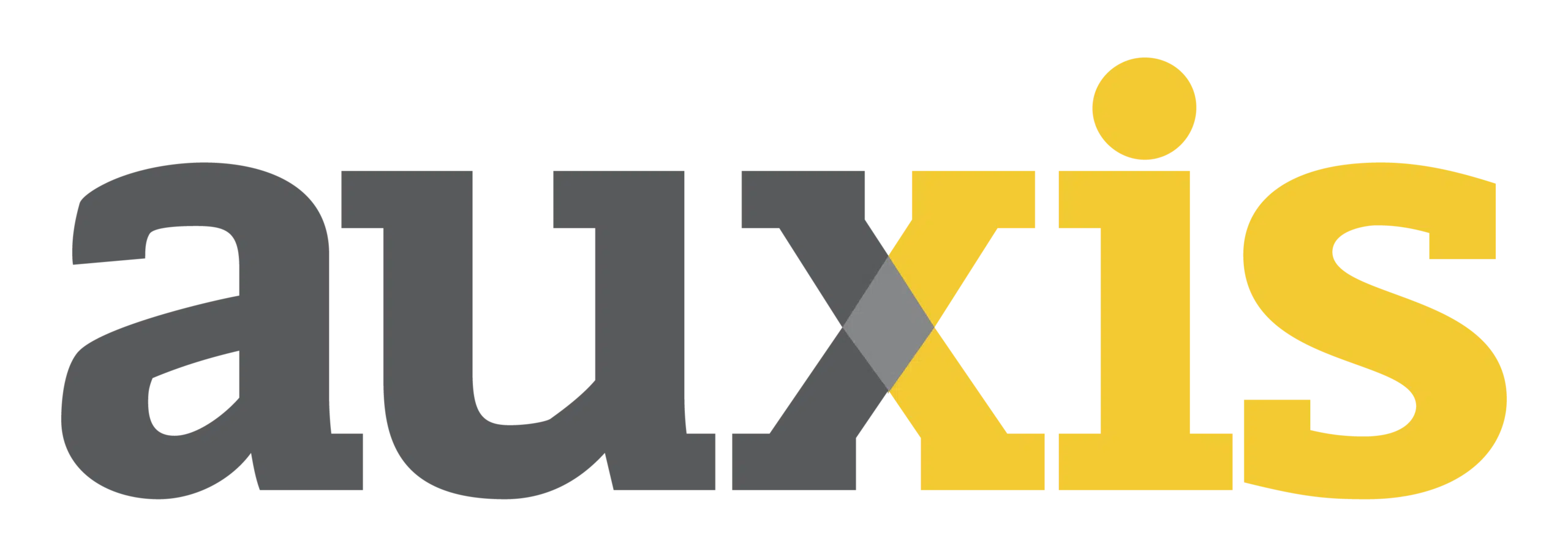Client Profile
Created by the merger of two best-in-class financial software platforms in 2021, our private equity-funded client offers a SaaS-based, real-time trading, portfolio management, and risk solution for capital markets that drives front-to-back office operations. Based in Manhattan, it maintains more than 400 employees across subsidiaries located in the U.S., Canada, Europe, Australia, and Asia.
Business Challenge
The client’s business was growing explosively; it added 100 employees globally in the first half of 2022 to keep up with 300% sales bookings growth over the same period. But the rapid-fire growth created several challenges in its Finance & Accounting Department:
- Global offices working in siloes with decentralized accounting teams left the client with little or no control over cash outflows and no clear understanding of necessary spending.
- The client had no visibility into accounting records at the subsidiary level.
- Poor internal controls led to unclear team structures. There was no segregation of duties or clearly defined functions to ensure accounting work was completed properly and nothing fell through the cracks.
- The accounting function lacked consistency, with the same processes performed differently by different subsidiaries. For instance, different FX (foreign exchange) conversion rates and sources were used by different entities in the same accounting period. Supporting documentation was also inconsistent at various locations.
- The client recognized that some of the newer accounting standards had not been fully adopted within the deadlines set by the Financial Accounting Standards Board (FASB). The transition to meet new compliance standards provides companies an opportunity to transform their business for the better.
- Accounting processes were people-dependent, with knowledge retained by key employees instead of documentation that enabled anyone to perform the work. Unfortunately, that created significant risk if important staff left or even missed work for a few days. For instance, the client lacked documentation for its month-end close process or even a month-end close checklist.
Solution & Approach
With 25+ years delivering peak performance in the back office, Auxis was hired to:
- Centralize the client’s Accounting Department at its nearshore Global Delivery Center in Costa Rica.
- Standardize processes.
- Optimize efficiencies.
- Increase visibility into accounting operations.
- Improve the accuracy of the company’s financial statements.
The client also wanted improvements to reduce costs. Complicating matters, the business required a tight timeline of fewer than 3 months to complete the BPO migration.
In addition, Auxis quickly realized there were processes that had to be redesigned and/or improved prior to the BPO migration.
After a thorough assessment to define, document, and analyze the current situation, the Auxis team applied its extensive General Accounting expertise and proven BPO and shared services migration methodology for the planning and design phases of the project.
Key solution steps included:
- Creation of standardized steps and detailed documentation for every accounting process, speeding financial reporting and reducing the risk of errors by ensuring accounting activities were consistently performed the same way. To-be BPO process flows were designed in communication with client SMEs to ensure requirements were thoroughly identified and optimized for each process and activity.
- Process improvements implemented in two stages:
1. Although the client originally retained Auxis to lift and shift accounting operations to its Costa Rica delivery center, some practices required immediate improvement to minimize confusion during the BPO transition and ensure correct outputs. For instance, Auxis implemented standardized, formula-driven amortization and depreciation templates across all entities.
2. To minimize resistance from employees who had executed tasks the same way for years, other processes were optimized as the BPO team took over. For instance, the implementation of a consistent FX conversion process across all subsidiaries.
- Identifying and helping to correct accounting errors that caused non-compliance with U.S. accounting standards. For instance, the Auxis team created a comprehensive schedule highlighting errors and recommending changes to meet US GAAP revenue recognition requirements for software companies.
- Implementation of Adra by Trintech. The financial close management tool was used to accelerate month-end close, create visibility into local accounting records, consolidate financial records, and easily convert balance sheets from global locations into U.S. dollars.
- Supporting the client’s upgraded ERP implementation:
1. Advising the business on configurations that could further optimize accounting processes as modernized technology was implemented.
2. Cleaning up data for the BPO migration and implementing process standardization and improvements helped smooth implementation of the more robust ERP system and optimized outputs.
3. Performing UAT (User Acceptance Testing) of the new system, familiarizing the BPO team with the upgraded technology and enabling the client to take advantage of lower labor costs.
Results
Auxis continues to successfully run the client’s accounting operations from its Global Delivery Center in Costa Rica and is preparing to expand the team’s responsibilities.
Key results include:
